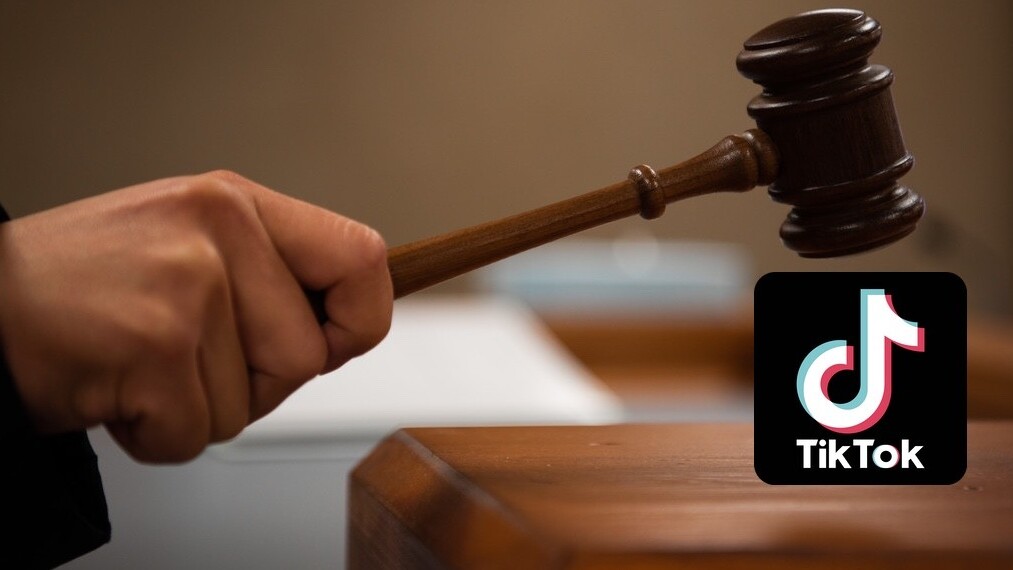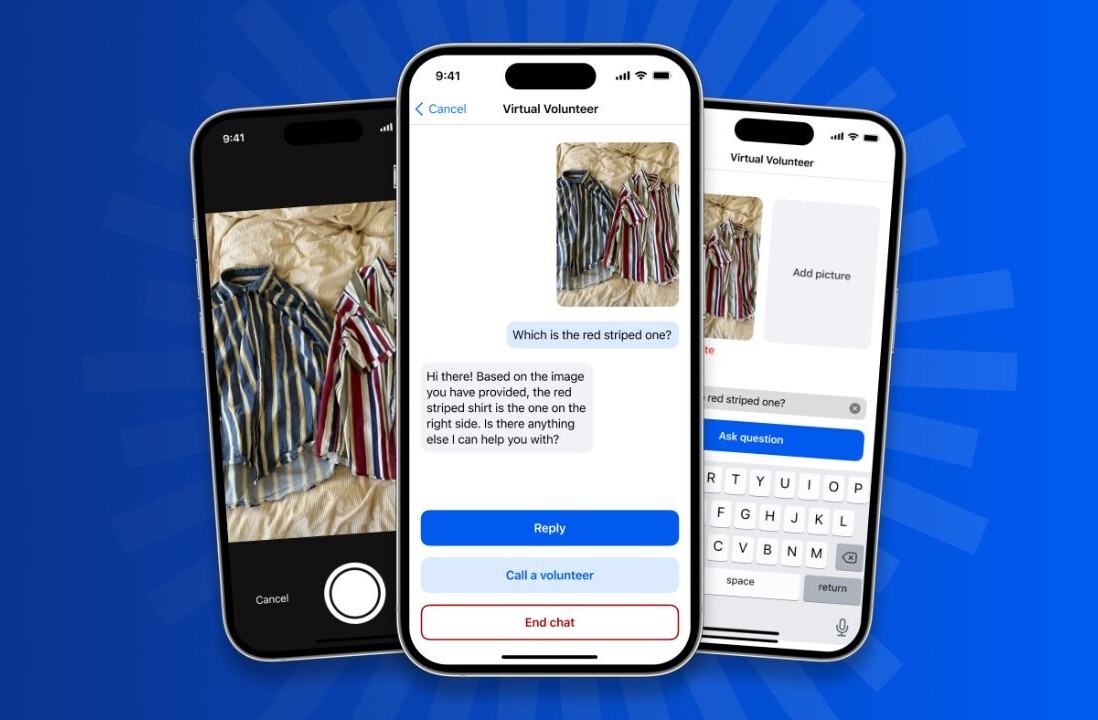Yesterday, the Madras High Court, situated in the southern Indian city of Chennai, directed the country’s central government to ban TiKTok, the popular video creation app from Chinese giant Bytedance. The court said that the app “encourages pornography” and “the future of the youngsters and mindset of the children are spoiled.“
The court’s interim order also asked local media not to broadcast any videos shared via TikTok. More importantly, it sought a response from the government as to whether the authorities intend to introduce a law to protect children from cyber crimes, like the US’ Children’s Online Privacy Protection Act (COPPA).
The court also remarked that after the heinous Blue Whale Challenge – which turned out to be a hoax – the government should’ve been more proactive in such cases:
Even after that [the Blue Whale Challenge], the officials have not learned that they should be alert with regard to these type of problems. Only when the officials and policymakers are alive to the problems of society, the decision could be taken to prevent this kind of cyber applications.
In response, TikTok has said that it’s awaiting an official order from the court, and will take action after an internal review:
At TikTok, we are committed to abiding by local laws and regulations. We fully comply with the Information Technology (Intermediaries Guidelines) Rules, 2011. We are currently awaiting the official order by the Honourable High Court of Madras and once received, we will review and take appropriate action regarding this matter. Maintaining a safe and positive in-app environment at TikTok is our priority. We have robust measures to protect users against misuse, protect their privacy and digital wellbeing.
In February, the southern state of Tamil Nadu was planning to ban the app, alleging that it causes “cultural degradation” and cyberbullying. TikTok’s cyberbullying problem is not just restricted to India. A BuzzFeed report published in 2018 noted that several teens in the US faced hateful comments on their videos.
Internet Freedom Foundation (IFF), an Indian cyberlaw organization, announced that it plans to approach the high court, and make submissions on behalf of internet users of the country. It also said that “banning an application and prohibiting will be a clear case of overreach.”
IFF’s director, Apar Gupta, told TNW that it’s important to have conversations about children’s safety on the internet:
While TikTok has its fair share of problems with cyberbullying an explicit content, banning it won’t solve the larger question around cybersaftey of children. It’s important that the government, technology companies, and parents have an open coversation around this topic for a better soultion.
There’s also the question of execution. The government may ask Google and Apple to take the app off their app stores to throttle downloads, but as we’ve seen with the porn ban last year, such measures are easily circumvented.

TikTok’s not the only app facing fire from the authorities in India. Popular battle royale game Playerunknown’s Battlegrounds (PUBG) was banned in several parts of the country for “inciting violence.” After the ban, cops even arrested students for playing the game.
We’ll have to wait for the government’s response, and the next hearing to know TikTok’s fate. But there’s certainly a larger question looming around regulations of apps and internet access for cyber safety in India. There are plenty of apps hosting toxic content that children might encounter and it doesn’t make sense to engage in a game of whack-a-mole with the lot of them. It might be time for India’s government to address these concerns, and form a policy that ensures the safety of children online by consulting experts in the field.
TNW Conference 2019 is coming! Check out our glorious new location, an inspiring line-up of speakers and activities, and how to be a part of this annual tech extravaganza by clicking here.
Get the TNW newsletter
Get the most important tech news in your inbox each week.






